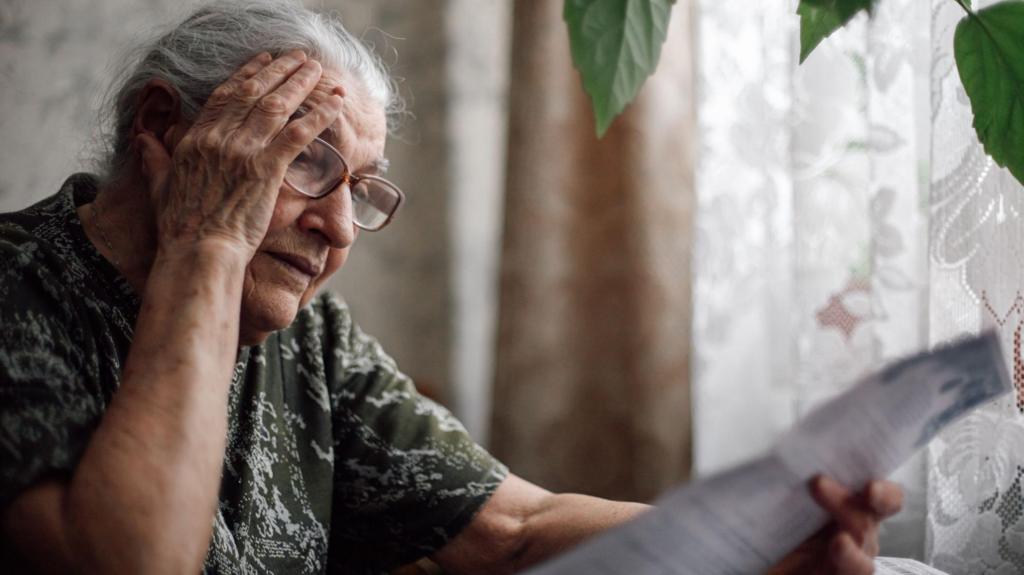The Chancellor has announced adjustments to the winter fuel payment program, ensuring broader eligibility this year. While Rachel Reeves confirmed increased qualification, specifics remain undisclosed.
Prime Minister Sir Keir Starmer previously signaled a policy reversal to expand winter fuel payment access, but Wednesday’s announcement lacked details on the number of beneficiaries.
Previously restricted to pension credit recipients, the payment (up to £300) faced criticism following its impact on local election results, affecting 10 million pensioners in 2024. Concerns centered on those just above the eligibility threshold, particularly given high energy costs.
Despite previous commitments to provide timely clarity, Sir Keir failed to specify eligibility criteria during Prime Minister’s Questions. When pressed, he reiterated a review of eligibility and funding plans.
Reeves stated unequivocally that the means test would be revised, benefiting more recipients. However, Conservative Party leader Kemi Badenoch criticized the perceived haste, suggesting the Chancellor’s actions are driven by the approaching winter.
Announcing changes closer to the typical November/December payment schedule could prove problematic. The current system requires claiming pension credit, a supplementary state pension for low-income individuals.
Payments are £200 annually for households with individuals under 80, and £300 for those over 80. Downing Street pledged to clarify the expanded eligibility criteria as soon as possible.
Age UK expressed cautious optimism, emphasizing the need for timely details to ensure timely assistance for vulnerable pensioners.
Pensions minister Torsten Bell ruled out reverting to the previous universal payment system, citing concerns about payments to higher-income individuals, although no specific income threshold was defined.
Sir Keir attributed the expansion to economic stabilization under Labour’s leadership, while Reeves highlighted improved economic conditions and responsiveness to public concerns regarding the means test.
The Liberal Democrats’ Daisy Cooper called for a government apology, citing the hardship caused by the initial policy changes.
The initial means testing of the previously universal payment was a key early policy of the Labour government. Potential implementation methods include a claims-based system or tax-based clawback for higher earners.
The government remains tight-lipped on the specific mechanisms. Scotland’s policy differs, providing £100 to those not receiving qualifying benefits, implemented through a new benefit system by late 2025.
The expanded winter fuel payments precede the UK government’s 11 June spending review, which will detail departmental budgets for the next three to four years.
Sources suggest difficult decisions are ahead, with Reeves indicating not all departments will receive their requested funding, implying potential spending cuts given her stance on borrowing and tax increases.
Sir Keir sidestepped questions about the two-child benefit cap during PMQs.
The Chancellor defended her decisions, confirming winter fuel payment restoration for some pensioners.
The government confirmed a reversal of recent winter fuel payment changes.
Significant investment in England’s transport infrastructure is planned across the Midlands, North and West.
Financial hardship is highlighted by Graham Lucas in Worcester, citing insufficient funds for many families.
The Chancellor faces difficult spending decisions across various government departments.

